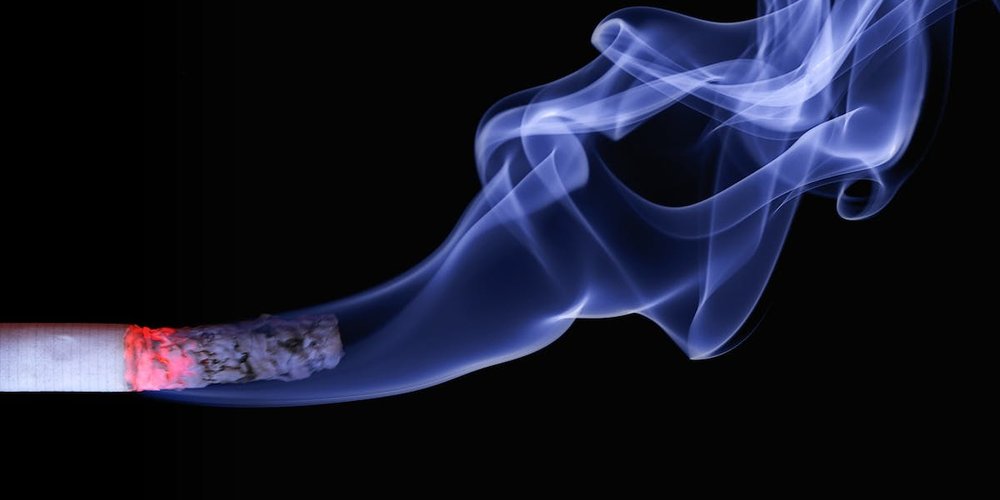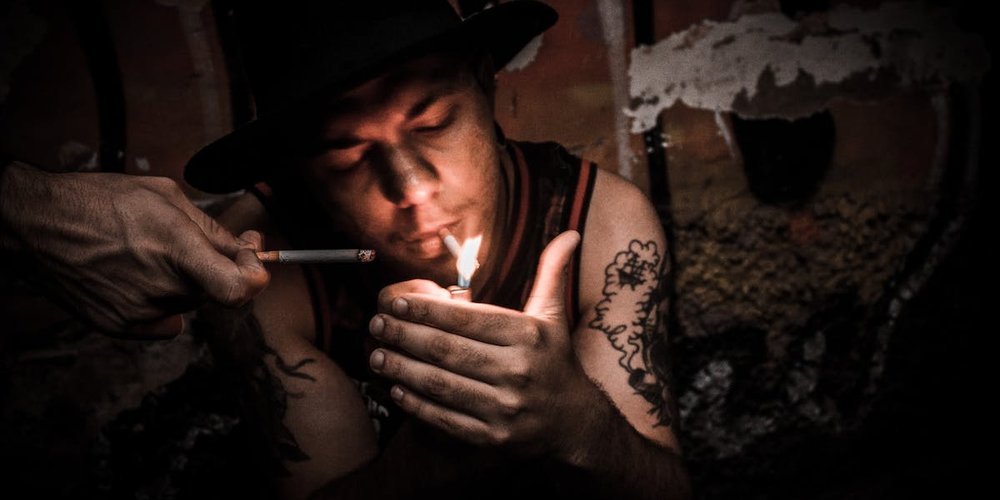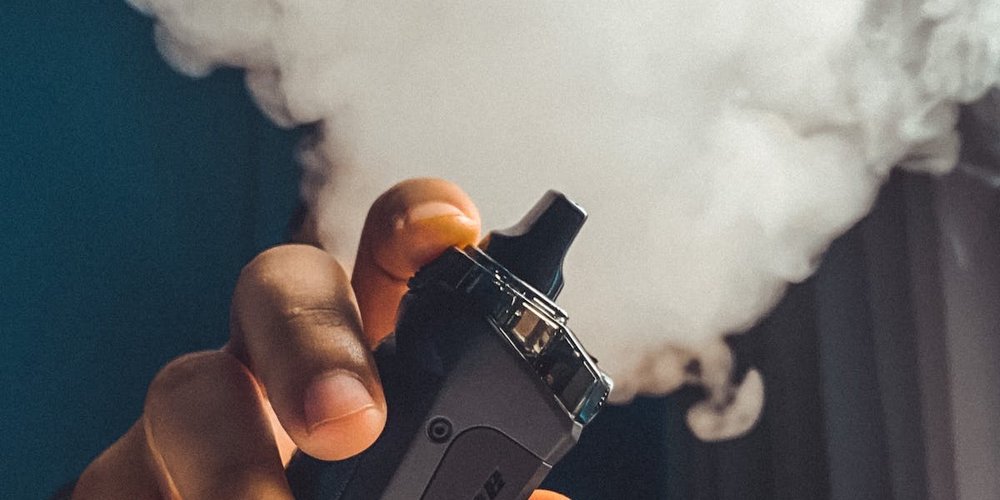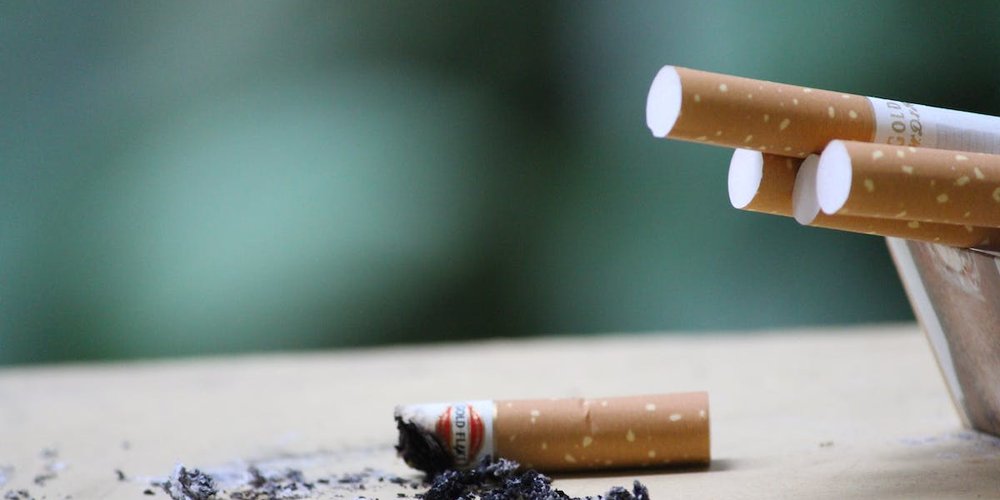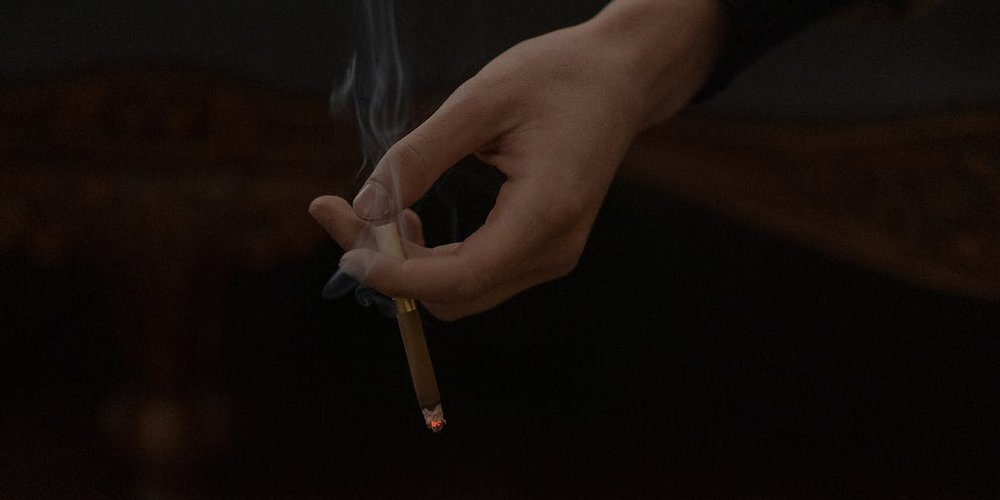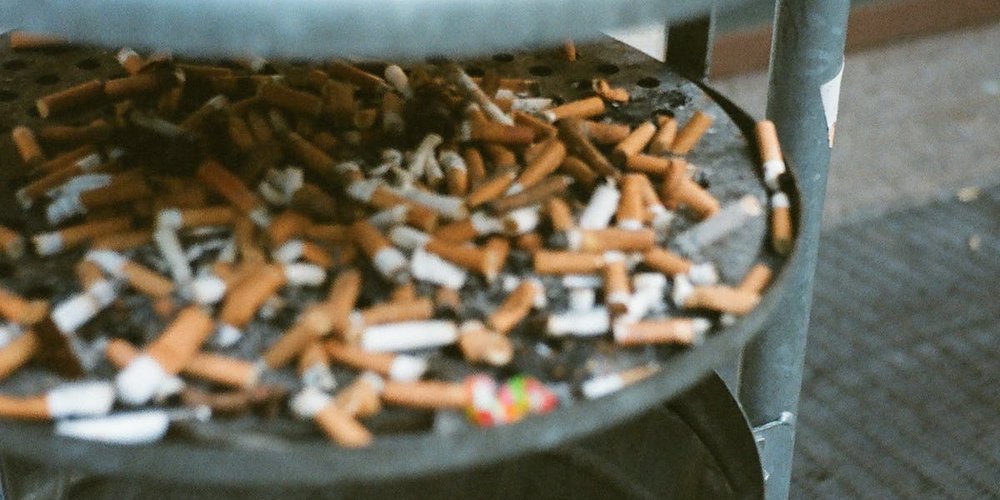Harry Shapiro
- Page 1 of 13
Harry’s blog 122: Tobacco harm reduction is a human rights issue
Nov. 2, 2023
A guiding principle of the World Health Organization (WHO) established in 1948, was the universal right to health. Although not expressed in these terms, the implication is that nobody gets left b...
Harry’s blog 121: International tobacco control and the search for intelligent life
Oct. 17, 2023
KAC has published an updated version of our Briefing Paper on the Framework Convention on Tobacco Control’s Conference of the Parties (FCTC COP) meeting due to take place in Panama in November. Wh...
Harry’s blog 120: Bent as a boomerang: vaping politics in Australia.
Aug. 31, 2023
Dr Colin Mendelsohn is a well-respected tobacco harm reduction expert who wrote an article for the Australian website Education HQ advising schools on strategies to deal with vaping among students...
Harry’s Blog 119: Who cares about tobacco control?
Aug. 10, 2023
The word ‘framework’ indicates that ultimately it is down to the signatories as to how they interpret or add flesh to a convention. Technically such conventions are ‘legally binding’, but this doe...
Harry’s Blog 118: Thirteen ways of looking at a blackbird
April 17, 2023
Professor Lynn Kozlowski has written several papers on the human rights aspect of providing accurate public health information, arguing that people have a right-to-know so they can be equipped wit...
Harry’s Blog 117: An Unholy Trinity
March 9, 2023
Michael Bloomberg is the WHO Global Ambassador for Noncommunicable Diseases and Injuries. He says in the WHO press release announcing the summit, “Noncommunicable diseases and injuries are leading...
Harrys’ blog 116: Unheard Voices
Feb. 2, 2023
https://onlinelibrary.wiley.com/doi/10.1002/puh2.58 The aim of this study was to map the number and locations of nicotine consumer organizations globally and describe their history, legal status, ...
Harry’s Blog 115: Invisible numbers – the WHO hides the evidence for tobacco harm reduction
Oct. 4, 2022
So, not invisible, but certainly worth highlighting again. And the figures make sober reading. The four major noncommunicable diseases (NCDs) are cardiovascular diseases (heart disease and stroke)...
Harry’s blog 114: The Big Tobacco Control playbook
Aug. 1, 2022
Organisations have been founded, professional careers and reputations built, and millions of research dollars acquired based on the immutable division between the devils of Big Tobacco with their ...
Harry’s blog 113: The Human(ity) Factor
March 29, 2022
They “attacked the idea of treatment because of its doctor focus and in general the public health movement from the 1970s saw abstinence through self-control as the answer not medicine”. I would a...
- Page 1 of 13
